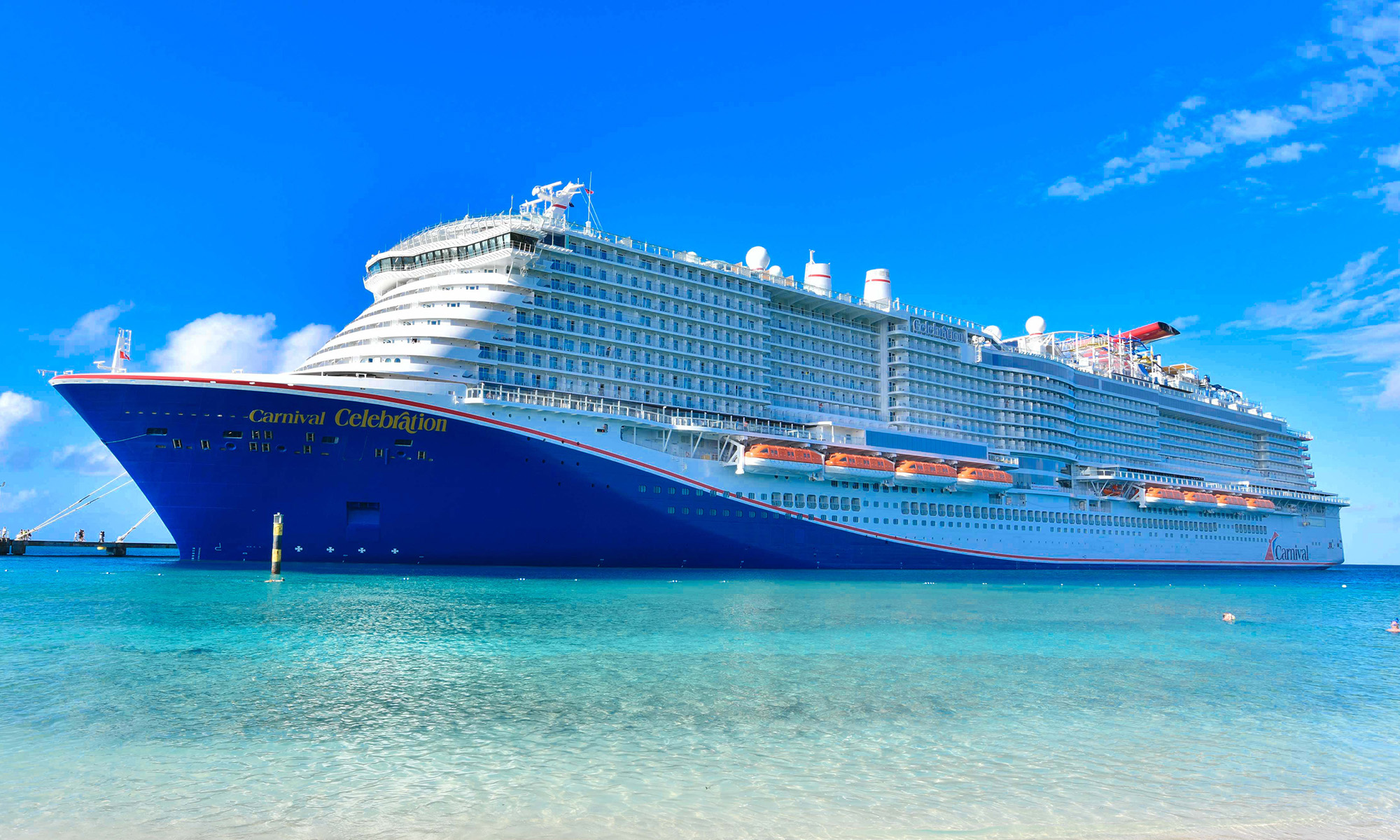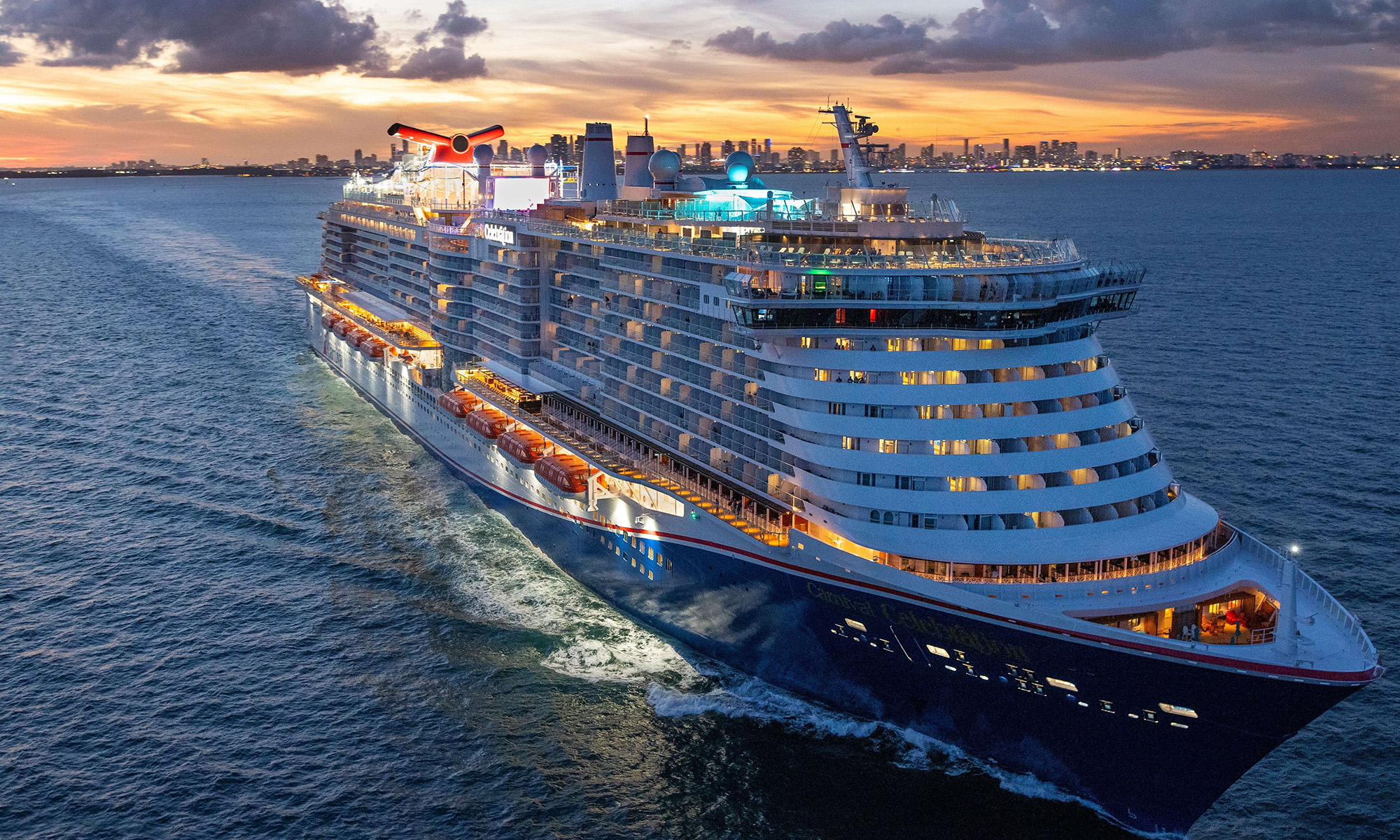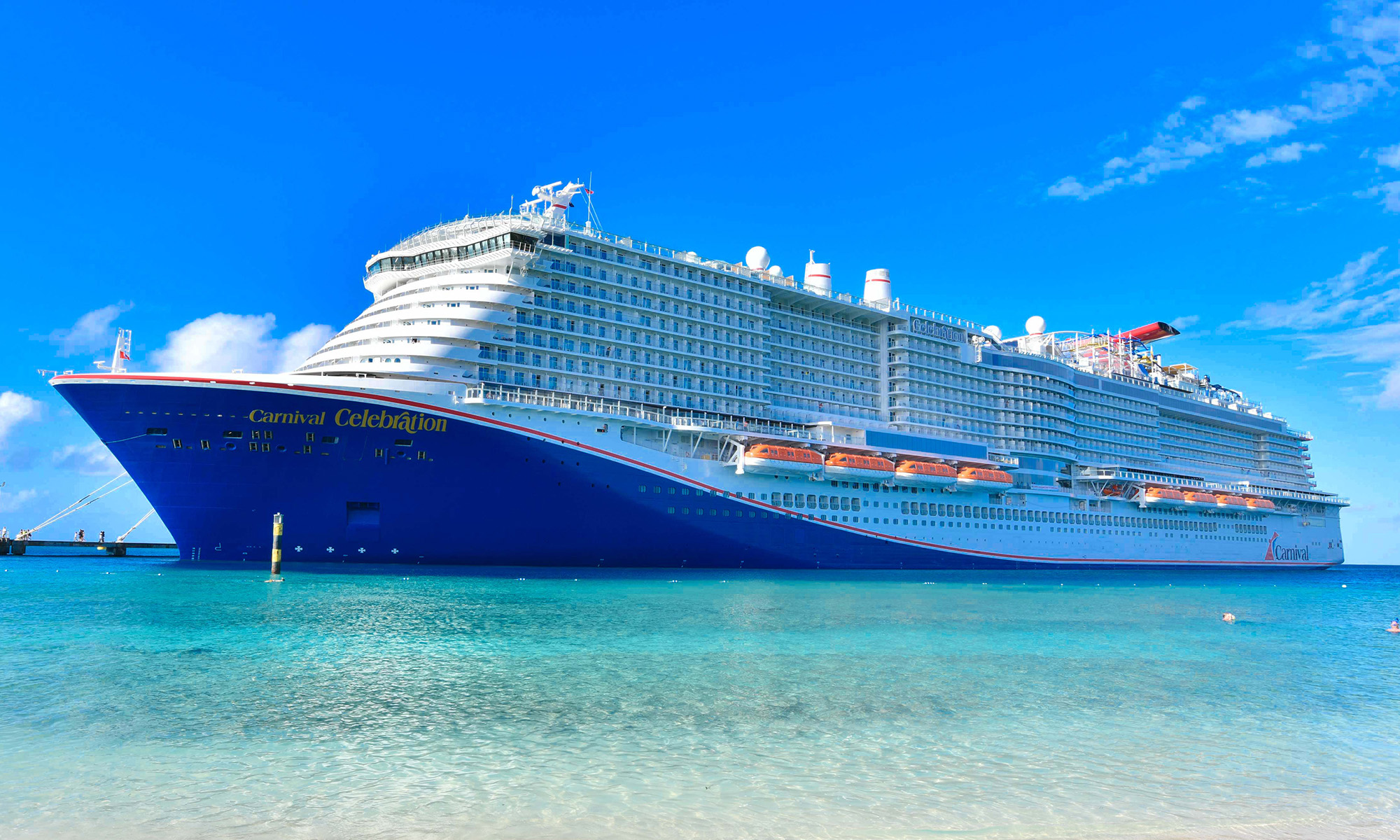If you like the trade-off between high risk and high reward, you might be considering buying shares of Carnival (CCL +0.47%) following its recent collapse. The cruise ship industry has been hit hard by the COVID-19 pandemic, which forced weeks of canceled trips and has temporarily halted vast swaths of the travel and vacation space.
The level of deep pessimism that has struck Carnival's shares can be fertile ground for market-beating returns over the long term. But there are some important things to know before you make an aggressive bet on the cruise ship leader.
Let's look at a few of the biggest.

Image source: Getty Images.
Some reasons to buy
The good news is that Carnival is a strong business that isn't likely to be wiped out by the COVID-19 pandemic. It leads an industry that served 550 million people last year, up from 520 million in 2018 and 490 million in 2017. Carnival carried just under half of those passengers through its portfolio of brands that cover multiple pricing points -- from family-friendly Carnival to the premium Princess and Seabourn lines.
It's a powerful business model, too, that attaches on-board spending to ticket prices that are pushed higher through the combination of rising guest satisfaction and controlled capacity growth. These factors have helped keep operating income above $3 billion in each of the last two years, translating into a robust 15.7% operating margin in 2019 and an 18% operating margin in 2018.
Meanwhile, the crisis that struck the business beginning in mid-March isn't threatening Carnival's ability to operate. There has been plenty of demand for the bonds it issued in recent weeks, which have added billions of dollars of additional cash to its balance sheet. For context, rival Royal Caribbean (RCL +0.72%) recently estimated that each month of paused services is burning through about $250 million in its business. Both companies have said that they expect a slow but steady rebound once travel restrictions are lifted.
Why it's a risky bet
While investors have a good reading on the financial stress currently hurting the business, the risks get bigger as you look further out. To start with, it's not clear when many of Carnival's ports will reopen for cruises, or what social-distancing guidelines will be like at that point.
In addition, most of the country lives more than a five-hour drive from a port, which makes flying a key support pillar for demand. If the airline industry stays grounded through 2020, that would add more pressure to Carnival's results and its finances.
There are bigger-picture stresses to consider, too, such as the overcapacity problem that could plague the industry into 2021 and beyond. Peers like Royal Caribbean and Norwegian Cruise Lines (NCLH 1.02%) will be looking to reduce their volume of cabins while also aiming to keep their ships operating efficiently.
Then there are the risks around additional global virus outbreaks or a steep recession. Either of these events would significantly harm Carnival's earnings potential while magnifying its other operating challenges.
Waiting is an option
None of the issues outlined above mean Carnival is a bad investment or that the stock can't surge to new highs once the COVID-19 threat abates. It was a good business operating in a lucrative industry before the pandemic hit, and those factors should still be true a decade from now.
But the biggest thing keeping this from being an attractive millionaire-maker stock is the sheer volume of the unknowns. If you can't reasonably estimate what the cruise giant's business will look like in six months or even two years, then the stock is better off sitting in the "too hard" pile for now. The COVID-19 pandemic has raised fundamental questions about the strength of the cruise industry, so investors should wait for more clarity before buying Carnival stock in hopes of seeing a quick rebound.








